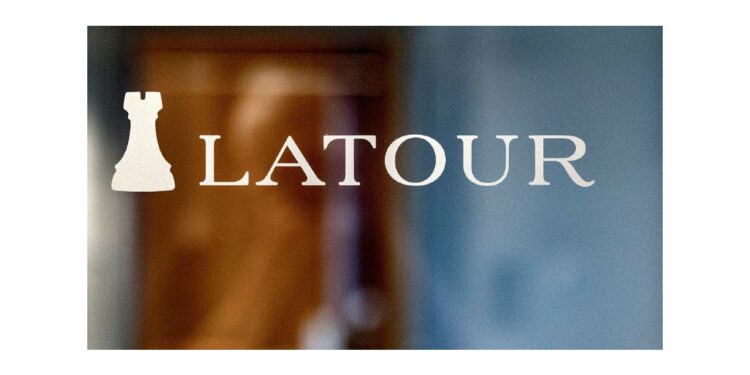This week’s stock in focus is Sweden’s Latour, the Gothenburg-based investment giant with a famously discreet profile and a striking long-term record. Controlled by the Douglas family, Latour has steadily grown into one of Scandinavia’s most influential holding companies, blending industrial legacy with disciplined capital stewardship. While not as high-profile as its peers, Latour’s understated strategy may be its greatest asset.
Founded in 1984 by Gustaf Douglas—an aristocratic financier with an instinct for industrial consolidation—the company has compounded shareholder value for decades through a hybrid model. Latour invests in both listed and unlisted firms, with majority control in several. Its portfolio spans precision engineering, building technologies, safety products, and automation systems, with holdings such as Securitas, Assa Abloy, and Tomra contributing to robust earnings.
What sets Latour apart is its consistent reinvestment in long-term ownership, a culture of operational improvement, and near-zero turnover at the top. The Douglas family maintains a controlling interest, ensuring strategic continuity without succumbing to short-term market pressure. This has earned Latour a reputation among institutional investors as a “Nordic Berkshire,” though its management prefers to stay out of the limelight.
Today, the company is chaired by Gustaf’s son, Johan Douglas, with investment chief Malin Persson steering portfolio development. The structure remains lean, and decisions reflect a strong alignment with family values—stability, frugality, and a preference for quality over hype. Despite a changing economic climate, Latour has avoided fads and instead doubled down on operational excellence and incremental innovation within its holdings.
The share itself has weathered 2024’s volatile markets with measured resilience. While cyclical pressures have affected some industrial names in the portfolio, Latour’s diversified model and low net debt have insulated it from broader downturns. The stock has recently rebounded after a quiet period, attracting interest from long-term investors seeking defensive growth with a Scandinavian flavour.
Looking forward, Latour faces both opportunity and challenge. As ESG requirements grow stricter, and as industrial sectors digitise, the holding company must ensure its subsidiaries stay ahead. There are also quiet murmurs among analysts suggesting that some underperforming holdings may need pruning to unlock new value.
Yet Latour’s management appears in no hurry. With a conservative balance sheet, low staff turnover, and firm family control, it remains one of the few firms in Europe still committed to century thinking in corporate governance. Its bet is that patience, not pace, will win in the end.
For investors seeking stability, quality, and a principled approach to ownership, Latour remains a compelling Swedish option—quietly outperforming, year after year.
newshub finance



Recent Comments